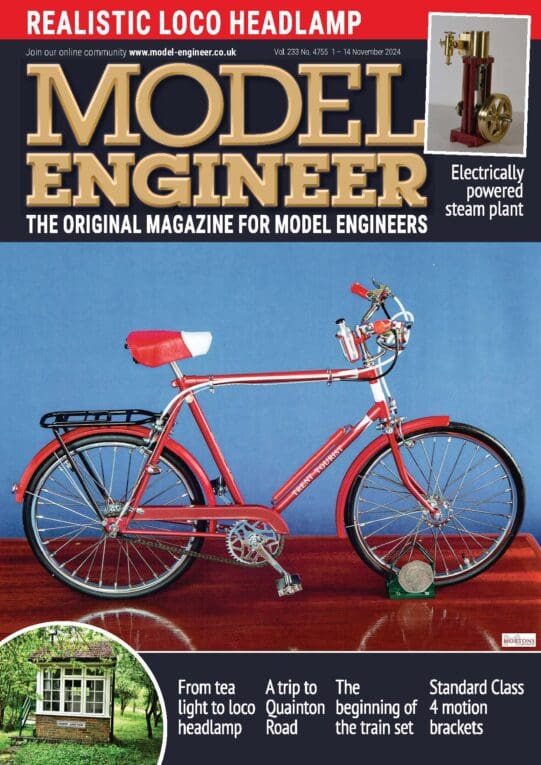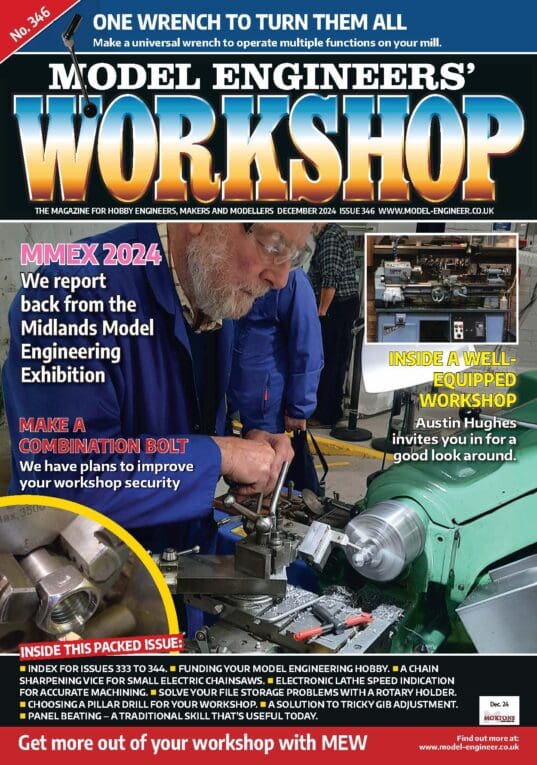I don’t know about melting down scrap water fittings (copper? brass?) – I have tried copper without conspicuous success: it is liquid at around 1000°c, which is not easy to achieve in a simple home built forge. Brass can be cast, but de-zincifies when liquid, so the final product is a bit unpredictable. Another point is that you cannot always be sure of the quality of the material you start with.
I have successfully done quite a bit of aluminium casting using the lost foam process, and made parts ranging from lathe wheels, to pulley wheels, and mountings for motors. Probably the biggest problem I have had was inclusions and small holes in the casting. Inclusions (carbon, dross etc), were probably my own fault for not skimming it off properly, but I have had cases of small (~1mm) holes in the metal. A finished casting looks fine, then on machining the holes are uncovered. Various causes are possible (I am told), ranging from a need to use a flux of some kind, to the melt temperature, or to leave the molten metal to stand to allow it to gas. I am too impecunious (tight?) to have tried flux yet. The other two suggestions seem inconsistant – sometimes the result is good, sometimes not.
Another thing I tried was dropping a small amount of copper into the melt. I was told this results in a harder metal (as in Dougies case), but I had no idea of quantities. I simply chopped off a couple of cms of copper water pipe, and dropped it in the molten ally (carefully!). I was a bit dubious that it would even melt, because ally is liquid at a lower temperature, but after pouring there was no lump of copper in the ally.
The resulting alloy did seem a bit harder than ally, but was not brittle as Dougie describes – when turned in the lathe, it did not have the soft feel characteristic of ally – it turned OK, and is still in use (3 years on) as a pulley wheel on a circular saw.
There is reams of info in the Internet on aluminium casting – try the following as a start.
I now prefer to cast parts wherever I can, rather than prefabricate them, because it is so much easier once you have the set up. Sorry I cannot add any ‘hard’ metallurgical advice, only my experience.
 Nicholas Farr.
Nicholas Farr.





